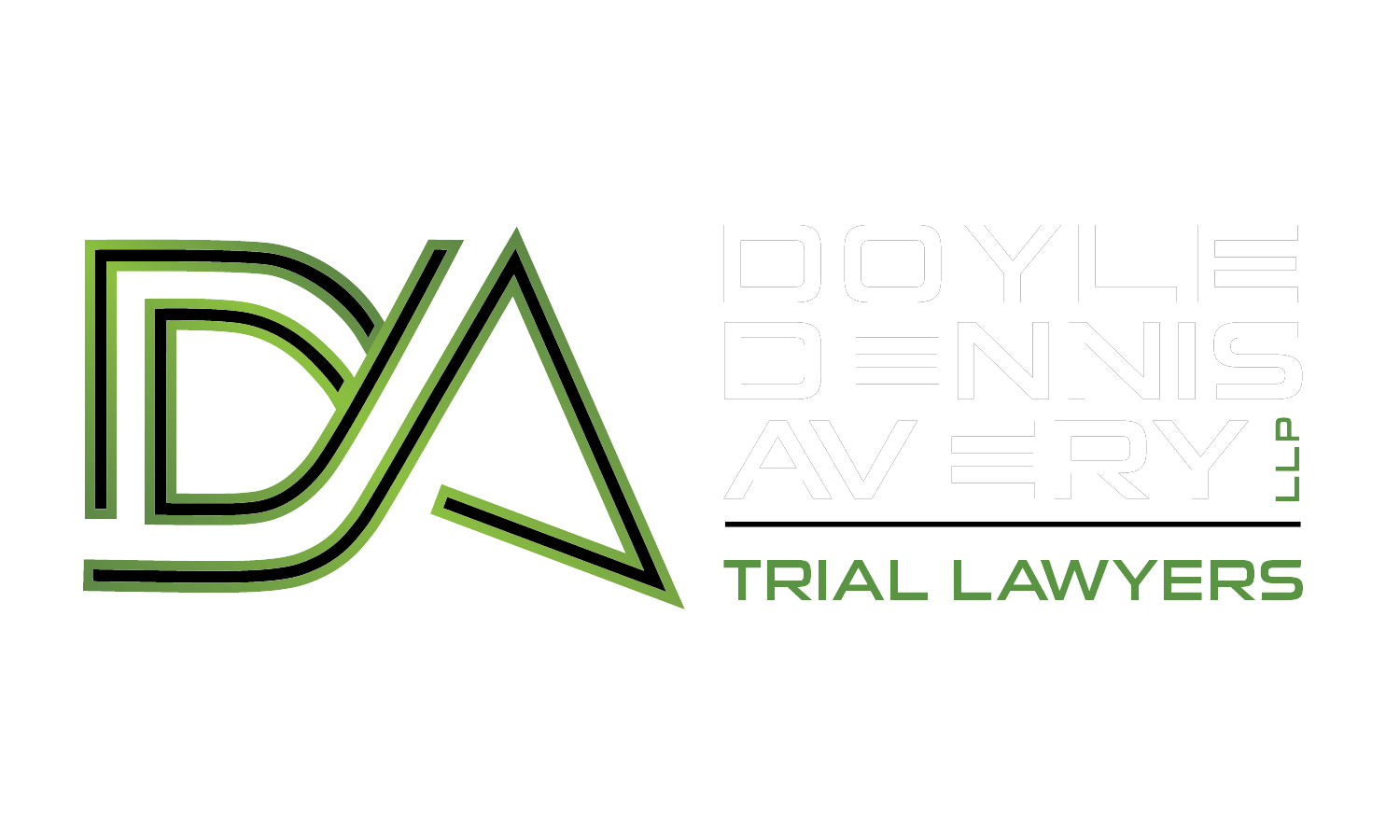
Health care Whistleblowers/Retaliation
As the home of the Texas medical center, Houston Texas is the heart of the healthcare and medical community in the United States. Over approximately 375,000employees working the healthcare industry in the greater Houston area. As a firm based in Houston, Texas, Doyle Dennis Avery LLP represents doctors, nurses, dentists, and other healthcare workers who have been targeted, defamed, wrongfully terminated, interfered with, or retaliated against. In March 2017, Doyle Dennis Avery LLP obtained a $6.5 million verdict fora defamed cardiovascular surgeon in Gomez v. Memorial Hermann Hospital System.
Some of the types of healthcare workers that Doyle Dennis Avery LLP represents include: anesthesiologist, internists, surgeons, urologists, family physicians, emergency physicians, cardiologists, obstetricians and gynecologists, neurologists, radiologists, anesthesiologists, psychiatrists, dentists, optometrists, registered nurses, licensed vocational nurses, Residents, interns, medical students, licensed practical nurses, nurse practitioners, physician’s assistants, patient advocate, patient care technicians, pharmacists, pharmacy technicians, physical therapist, Phlebotomist, social workers, assisted care employees, and other healthcare workers
As part of our practice representing healthcare workers, Doyle Dennis Avery LLP has fought for protection for healthcare employees and non-employees who have been retaliated against or wrongfully terminated. If you are healthcare worker who has been wrongfully targeted, contact Doyle Dennis Avery LLP today.
As part of our practice representinghealthcare workers, Doyle Dennis Avery LLP hasfought for protection for healthcare employees and non-employees who have beenretaliated against or wrongfully terminated. If you are healthcare worker who has beenwrongfully targeted, contact Doyle Dennis Avery LLP today.
What is Healthcare Fraud?
Healthcare fraud occurs when parties such as doctors, pharmaceutical companies, and hospitals deceive authorities and/or patients. This could be though a number of ways such as charging for unnecessary services, taking kickbacks, or practices such as “upcoding” and “unbundling”. “Upcoding” occurs when a corresponding medical code for a diagnosis or procedure is instead replaced with a more expensive one. These new code is then sent to Medicare, Medicaid, or other insurance agencies and misrepresent the data. “Unbundling” refers to when procedures that are supposed to be paired together are instead paired individually, causing the price of the procedures to rise compared to if they were submitted together. Doctors and hospitals have a civic duty to accurately represent the work they are doing and fraud can be committed if they are misrepresenting this data.
How do You Report Healthcare Fraud?
Through the False Claims Act, employees can report cases of fraud safely without fear of retaliation from their employer. With an attorneys assistance, they may file a suit known as a “qui tam” lawsuit which will allow a government investigation to begin. If the government intervenes, the government may initiate litigation, which the employee would have a stake in. If the government does not, the employee and their attorney would be able to pursue litigation and receive funds on behalf of the government. In addition to this whistleblower right, Congress also protected employees who report this fraud from being retaliated against by employers, contractors, or agents.
Should I hire an attorney?
While a whistleblower can file a tip without hiring an attorney, there are some important advantages in hiring counsel. If an attorney submits a claim for the client, the whistleblower may be able to stay anonymous. In addition, experienced attorneys will have greater knowledge of the legal requirements for submitting a claim and thus increase the likelihood that the claim is accepted.
How do I file a complaint?
A False Claims Act complaint must first be filed under seal in federal court. During this period, the U.S. Attorney’s office will investigate whether it will intervene in the lawsuit and pursue the case. In addition, during this time period, the information contained in the complaint should be kept confidential.
What is the deadline to file a claim?
The False claims act has a statute of limitations of 6 years.
Copyright © 2025 Doyle Dennis Avery LLP Trial Lawyers. All rights reserved. Powered By Blue Beam LLC
The information on this website is intended for general informational purposes only and is not legal advice for any individual case or situation. Viewing or receipt of content on this website does not create an attorney-client relationship between the user and Doyle Dennis Avery LLP.
The cases, verdicts and settlements displayed on this site are solely for illustrative purposes and should not be considered a guarantee or prediction of the outcome of any other claims or cases. Each case is unique, and past outcomes are not indicative of future results.
We recommend that users consult with an attorney for legal advice on any questions or concerns they may have. Users rely on the information on this website at their own risk.
